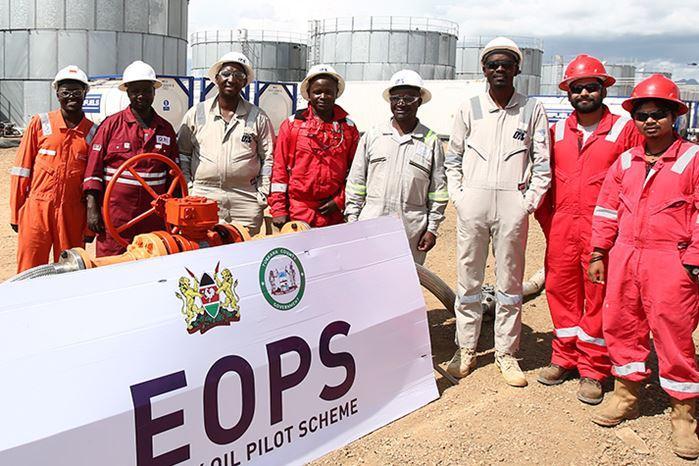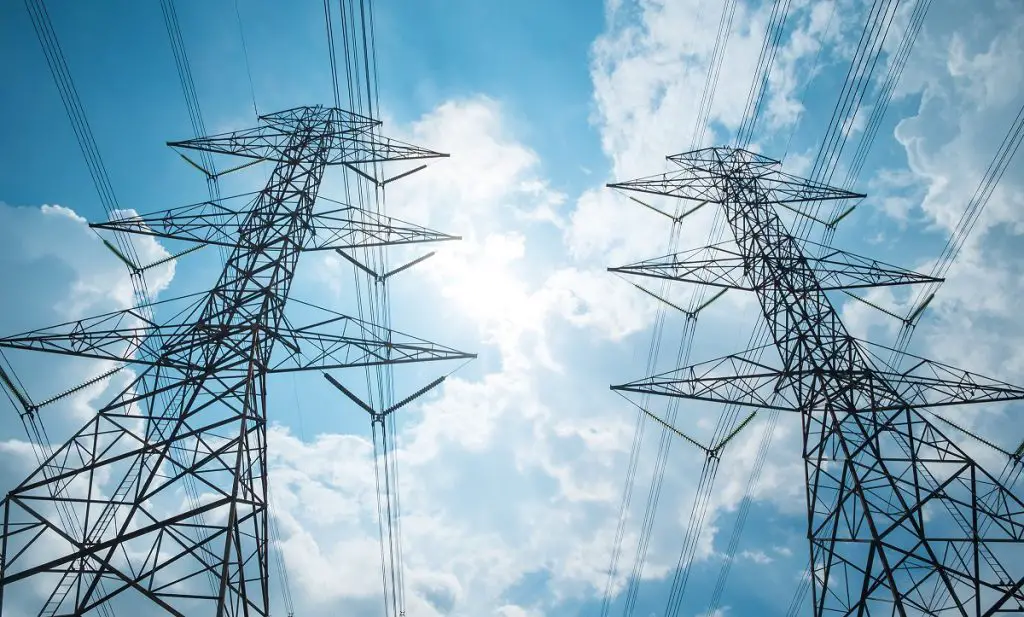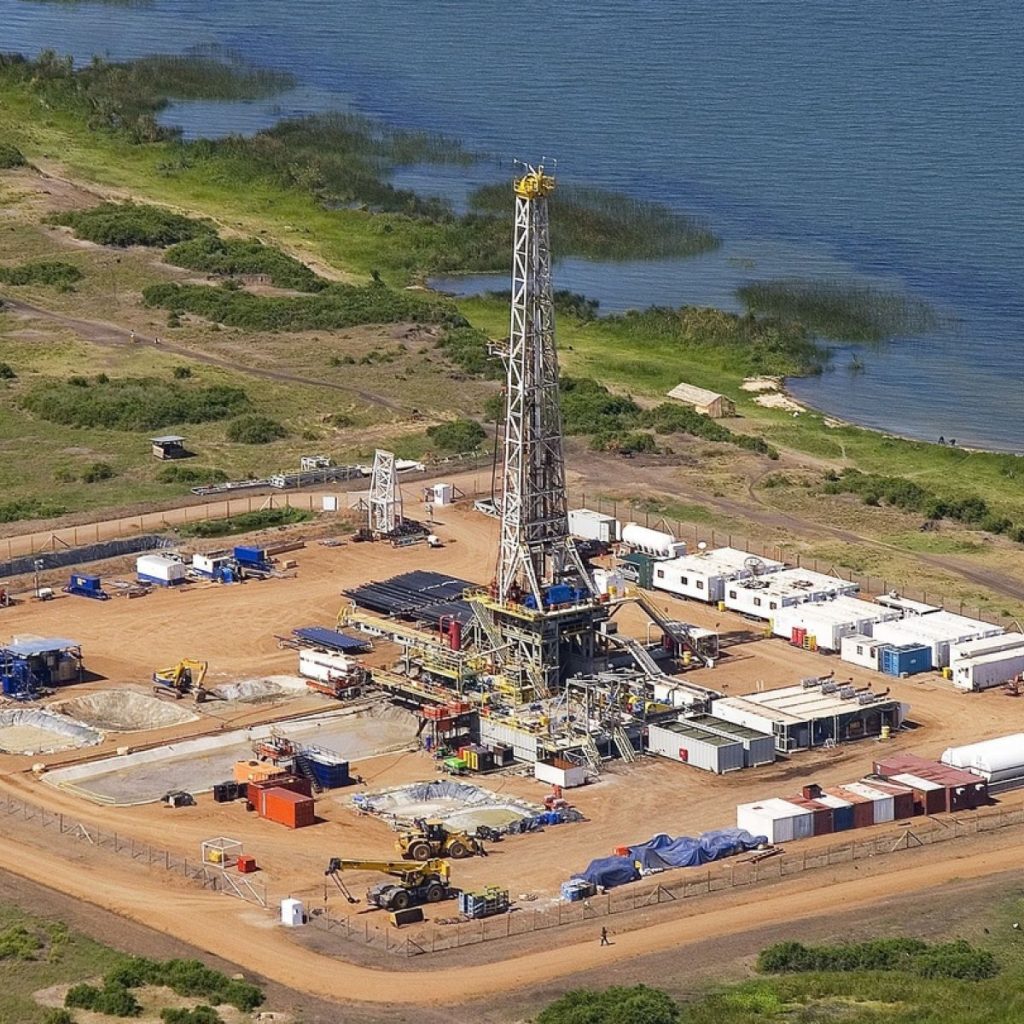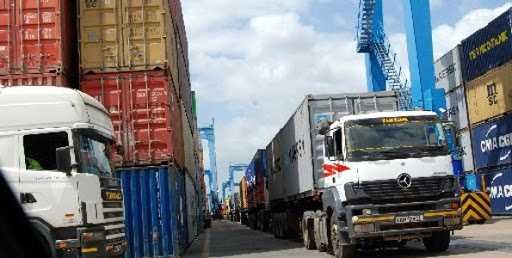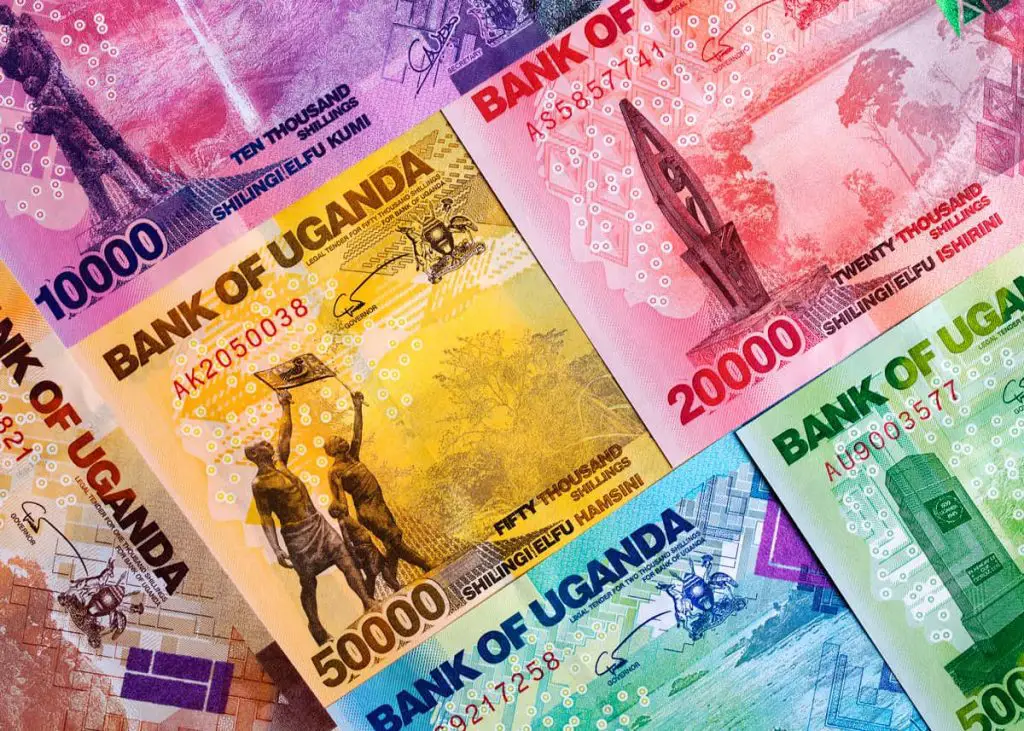- Youth Unemployment in Kenya: The Role of Vocational Training
- New $900,000 initiative aims to boost sustainable trade in Tanzania
- Organization of the Petroleum Exporting Countries’ (OPEC) pride in its African roots
- AIM Global Foundation pushes for stronger Gulf-Africa trade partnerships
- Investment opportunities in South Sudan’s emerging gold industry
- Family planning drive in Kenya gets 450,000 self-injectable contraceptive doses from UK
- AfDB commits $2 billion to revolutionise clean cooking in Africa, save forests
- The harsh realities of family laws for African women revealed
Browsing: Uganda
Infections in Africa have been steadily rising after initial indications had shown the continent was not affected by Coronavirus compared to other regions. What started with a few cases in Nigeria and Egypt has risen to over 500 cases and a dozen deaths.
Now, the World Health Organisation (WHO) says there could be more cases that what is officially documented. The explanation according to Ethiopian born and head of WHO is that the tests being conducted by the local governments are not as robust.
“I think Africa should wake up. My continent should wake up,” said WHO chief Tedros Adhanom Ghebreyesus.
WHO reports that there are over slightly over 591 coronavirus patients in Africa and the numbers are rising each day. Egypt reported the largest number of positive cases (196), followed by South Africa (116), Algeria (72), Morocco (49), Senegal (31), Burkina Faso (20), Cameroon (10), Rwanda (8), Democratic Republic …
Coffee production in South America is on a sharp increase and the resulting market flood is severely hurting East African coffee growers.
As supply increases, the market price is steadily falling. For trading blocs like the East African Community (EAC) where coffee is traditionally among the leading export commodities, the lower market prices spell a gloomy period up ahead.
In fact, for most of the East African countries, coffee accounts for 76 percent of the value of all agricultural exports put together. So losing the coffee market is a severe blow to economic development in East Africa and across the continent too.
Sector pundits say South America is using improved hybrids that are growing fast, producing better yields and they also have better after harvest storage and transportation facilities which are important to maintain the quality of the grain.
For example, statistics show that Brazil is now the world’s leading …
For Tullow Oil, the year 2020 has not started particularly well with collapsing hopes, poor oil output and boardroom maneuvers almost pushing the British oil firm into oblivion. In the peak of the storm, the company lost half its value on the stock market after bad fairing in Ghana and Guyana and a delay in the sale of the Ugandan stake. This led to global readjustment with the Kenyan operations announcing job cuts.
This is a situation well explained by Dorothy Thompson, Executive Chair, Tullow Oil plc. “This has been an intense period for Tullow as we have worked hard on a thorough review of the business which has led to clear conclusions and decisive actions. We are focused on delivering reliable production, lowering our cost base and managing our portfolio to reduce our debt and strengthen our balance sheet. Even with recent events in oil markets, Tullow’s assets remain …
The World Bank said that Uganda should work on the processes for the Final Investment Decision (FID) by the oil and gas firms, saying further delay will undermine the country’s economic outlook.
Delays in oil exports beyond 2024 could lead to liquidity pressures in the country warns that the released 14th Economic Update, a bi-annual publication by the World Bank.
“Subsequent delays in oil exports beyond 2023/24 could result in liquidity pressures, given the current heavy borrowing for oil sector related infrastructure that is relying on an enhanced repayment, capacity from oil exports, and especially if more non-concessional borrowing occurs,” the report cautions in its Economic outlook and risks.
Presenting the findings at an event held in Kampala, Mr Richard Walker, a senior economist with the World Bank, said that the recent termination of the Tullow deal has increased uncertainty for oil sector-related investments in the country.
Also Read: Uganda
…East African nations Kenya, Ethiopia, Rwanda, Uganda and Tanzania have been on a green energy harnessing mission creating thousands of megawatts they may not consume by the year 2022.
These countries could find themselves in a conundrum where they have too much electricity which people cannot use. This possible scenario could be created by the likelihood of not enough people being able to purchase this power or the inability to use it due to different reasons.
The biggest challenge for this power being a burden to these governments could be because most of them lack the infrastructure to transmit this power to those who need it. In addition, countries that have been purchasing power from their neighbours are also moving to produce their own meaning they will be struck by a surplus they cannot utilise and in return suffer massive costs of having idle power.
Power capacity surplus
With the …
In a jammed conference room in a Nairobi hotel in early 2019, a panel of rights activists poked holes at the Kenyan oil exploration and mining activities in Turkana. Blow by blow, the team illustrated how Kenya stands to lose if radical measures are not put into place to ensure the resource benefits the country.
The Kenya Oil and Gas working group called for an audit of the contracts of oil mining to ensure they follow international standards. Charles Wanguhu, a social activist coordinator of the Kenya Civil Society Platform on Oil and Gas, said in international practice, if a company prospects and fails to find oil, it meets its costs.
However, if it finds oil, the country pays for the expenses. Therefore, Wanguhunotes that in the case of Kenya, the need for audit will ensure that the costs which Kenyans will pay for do not include those wells that …
4G Capital announced the completion of its second round of fundraising. The funding was secured by a $2 million debt from Ceniarth LLC, making the total raised to $4 million.
The company will use the investment for lending to its growing customer base of informal MSMEs across Uganda and Kenya.
Since the company was starred in 2013, 4G Capital has grown exponentially, lending over750, 000 loans valued at $90 million. In 2019, the company’s revenue increased by 97 per cent as 4G Capital supported over 60,000 MSMEs.
By the end of 2020, 4G Capital will have lent $43.6 million surpassing all expectations. Without refinancing, repayment rates remain above national averages at over 94 per cent.
Also Read: Mentors jostle for space in Kenya’s challenging SME sector
“The rapid expansion of mobile and technology-based financial services in emerging markets has the potential to provide critical capital to individuals previously excluded from …
From July, Importers in East Africa will operate under a common Customs bond, which guarantees uniform import duties and taxes across all partner states.
Currently, due to the application of different duty rates, valuation and sensitivity of goods, the value of Customs bonds varies from country to country.
In Kenya, importers of transit goods are required to secure a Customs bond issued by an insurance company, while sensitive or delicate cargo requires a bank or cash guarantee. In Rwanda and Uganda, an insurance company the issues custom bond with rates based on the taxes charged by the destination country.
The common Customs bond will reduce the cost of doing business and goods turnaround time, according to the East Africa Community Single Custom Territory Monitoring and Evaluation Committee.
During the Council of Ministers in July, this common Customs bond is expected to be adopted as part of the pillar to create …
Uganda’s consumer price inflation moderated in January after striking its highest level in fifteen months in the previous month.
According to the Uganda National Bureau of Statistics(UBOS), in January the annual rate on the consumer price index (CPI) fell to 3.4 per cent from 3.6 per cent in December, the second-lowest in ten months.
Uganda National Bureau of Statistics attributed the decrease in the headline inflation rate to a fall in annual footwear and clothing inflation, to 2.4 per cent against the 4.3 per cent reported for the 12 months ending December 2019.
In January, the annual transport inflation rate also decreased due to reductions in transport prices following the end of the festive season.
Also Read: Chinese firm to develop the largest solar plant in Uganda
Core inflation, which removes volatile food and energy prices and is closely monitored by the central bank, was unchanged at 3 per cent …
More than 2,000 delegates are expected to attend the G77+China summit that is to be held in Kampala Uganda between April 17-19.
In the United Nations, the G77 is the largest intergovernmental organization for developing countries. It is used as a platform to articulate and promote the countries collective economic interests and increase their joint negotiating capacity on all major international economic issues.
The coalition was initially started by 77 countries but now it has 135 member countries from Asia, Latin America, Africa and the Caribbean.
In October, last year Uganda was confirmed as the host of the summit making it the first African host for the event.
G77 summit brings together heads of state of the Group of 77 coalition and more than 300 other high-level dignitaries from the United Nations and the member states.
Speaking at the Uganda Media Center the senior advisor for communication and outreach at …







